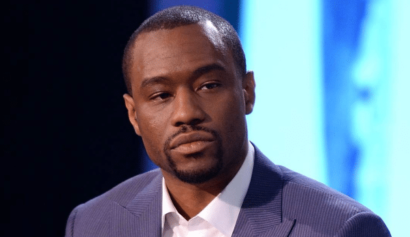Conditions in the West African nation of Mali have gotten so chaotic and dangerous that the UN Security Council is preparing to send a military force into the country to intervene and retake control of the northern region from Islamist extremists.
Since Mali’s president Amadou Toumani Toure was ousted in March, the north and east of the country have been under the control of Tuareg rebels and militias linked to Al Qaeda.
“There is a feeling that it is a dire situation in northern Mali and we need prompt action,” said Guatemala’s envoy to the United Nations, Gert Rosenthal, who holds the rotating presidency of the Security Council this month.
“But it is a very complex operation… this will be the first step towards something more robust, I hope.”
When the UN Assistant Secretary-General for Human Rights Ivan Simonovic returned from Mali this week, he reported to the world community that Islamist militias had imposed a harsh version of Sharia law on the areas they controlled, drastically affecting the lives of women in particular. Mali residents in the north told him of forced marriages, forced prostitution, widespread rape, and women being sold as “wives” for less than $1,000.
Rebels also stoned to death an unwed couple and amputated the hand of an alleged thief. They have also destroyed half of the World Heritage-listed tombs and mausoleums in the town of Timbuktu, claiming they violated Sharia law and promoted idolatry among Muslims. In the view of the UN, the destruction of the shrines could be considered war crimes; the International Criminal Court has launched a preliminary inquiry into the alleged atrocities.
The UN Security Council wants an action plan before it takes military action. It asked UN secretary-general Ban Ki-moon to work with the Economic Community of West African States (ECOWAS) and the African Union to create a plan within 45 days that contained “detailed and actionable recommendations” in preparation for the deployment of an international military force in Mali.
The plan should include “means and modalities of the envisaged deployment, in particular the concept of operations,” personnel needed and a cost estimate, said the text, which was mainly drafted by France.
Both Mali’s government and the West African regional body Ecowas have both asked for an international force to intervene, with Ecowas proposing a force of 3,000.
The UN is also asking Mali’s authorities and the rebel groups controlling the north to begin a negotiation process.


